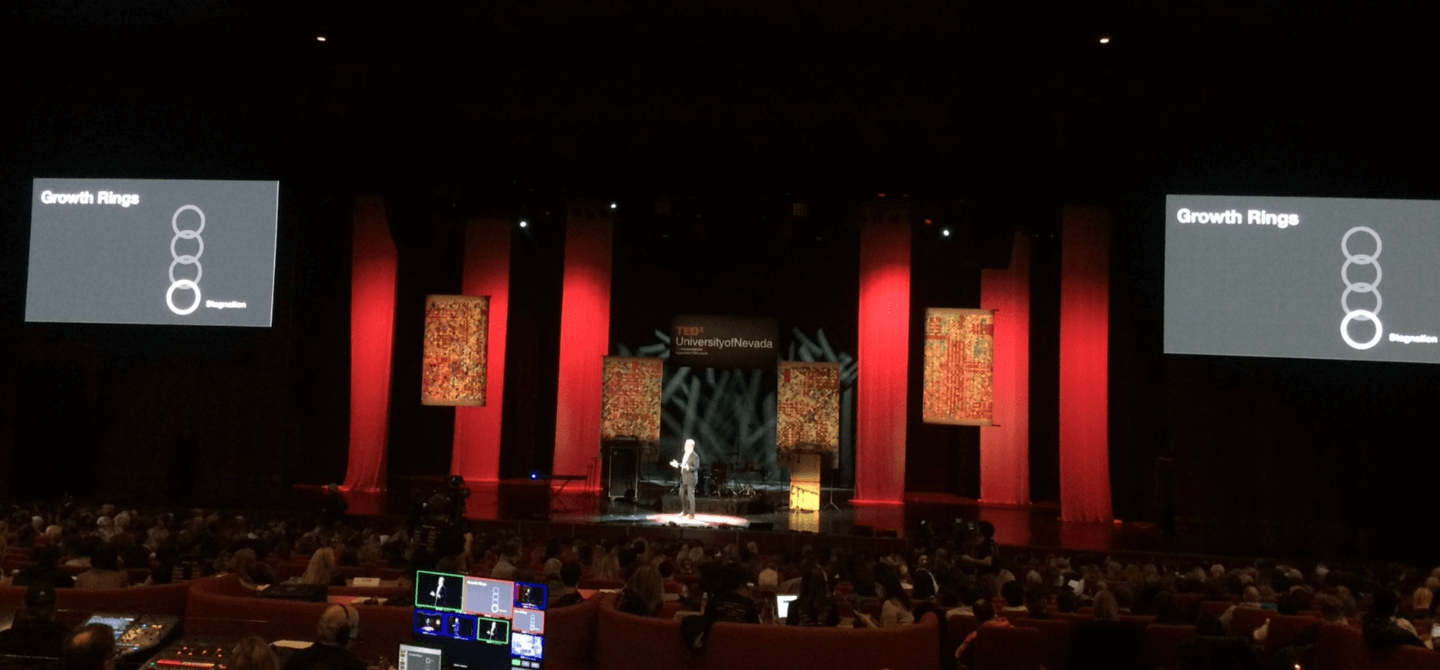Photo by Hattie Kingsley Photography
If your team’s physical environment is bordered with chalked or painted lines, you must be a coach. If your team’s physical environment has cubicles, desks, and conference tables, you must be a manager. If you have the large corner office, you must be a leader. If those on your team wear uniforms you must be a coach. If they wear khakis and polo shirts… I think you get it.
Coach, leader and manager titles are not synonymous, the roles and responsibilities vary greatly, and the titles shouldn’t be applied in the way I described in the opening paragraph. It is time our thinking evolves due to what we are learning about the role coaches/leaders/managers play in the workplace. This is not as much about labels as it is matching a title that is appropriate for the needs of the business.
Outside of Webster, nobody owns the universal definition of the titles manager, leader, or coach, so we need to lean on current workplace research and not over complicate something that already seems too convoluted. What I am offering is a commonsense view of these positions and titles while understanding there are always justifiable exceptions and variations to roles.
THE MANAGER
Most everyone knows that this position or title is still used to give someone formal authority over a person or team of people and is usually the first rung in the move up a business ladder. What I am proposing is if anyone has a team of people for whom they are accountable to grow, the label of manager be removed from their title.
The manager title should be reserved for someone who has the responsibility of resourcing non-human assets. Examples of items that should be managed would be a building, a geographic territory, systems, database, etc. The goal of a manager is to develop and operate systems in a way to create predictable outcomes. Since predictable outcomes are synonymous with Order, and growth doesn’t occur in Order, then management is not about growth.
For more on these topics of order and growth, watch my TEDx Talk.
For example, I want the pilots of the planes in which I am a passenger to manage the aircraft and the trip with perfection. I want the predictable outcome that results from managing the flight properly to be a safe landing. Again, management is not about growing people, it is about creating predictable outcomes with systems, processes and tools.
Side note: when I visit with groups and ask them to raise their hand if they would rather be coached or managed, the overwhelming response is they would rather be coached.
THE LEADER
Transformational leadership. Adaptive leadership. Complexity leadership. Servant leadership. Transactional leadership. Situational leadership. Which of these leaders am I? What leadership method does our company subscribe to? What are we training our executives to become?
I would offer these differing models are effective and a bit confusing, but they drive interest from executives, HR, and training & development departments. I think most everyone can relate to this point; one does not have to be in a position of formal authority to behave like a leader.
I have athletically played with, professionally worked with, and philanthropically volunteered with many people who exhibited wonderful leadership behaviors but were not in a formal leadership role. The behaviors of these informal leaders can influence others in a positive way and is something the Ecsell Institute is studying (along with other aspects) to understand the dynamics of high performing teams, which we will be calling The Team Effect (more details on that later).
The focus of leadership, however, is on the individual at any level, and what they do or don’t do. What we have learned in researching and working with executives, they are most concerned with the effectiveness of those in a formal leadership role that have teams who report to that leader, who is someone we would call a coach.
THE COACH
To be called a coach, unlike a leader, there is a differentiating factor that must be met: one must have formal authority over a person or team of people. And, while I acknowledge formal authority is not the most profound authority (think informal authority) it is how the authority is used that ultimately determines effectiveness (addressed in a future blog).
EcSell Institute’s definition of a coach is one who creates relationships, order and complexity to maximize individual and team growth. And the application of coaching to a person or team of people is what makes the role of a coach so complex. It is the wonderful mix of personalities coaches must uniquely adapt to serving if performance and growth are to be maximized. Of those in a sales coaching role, 40% are not willing to adapt to the coaching activities and/or unwilling to treat people uniquely and therefore should not even be in a sales coaching position.
The role of a coach is simple—create and sustain growth. What needs to be grown, however, is dependent on the objective and what is within control of a coach. For example, in sales the goal is likely to hit a sales number, so a coach’s role is to grow 1) their own coaching skills, 2) the skills of those on their team, 3) the team’s overall talent, 4) new product development, 5) market additions, etc. The first two mentioned, by the way, are the most important and always in the control of one in a true coaching role.
HERE ARE RECOMMENDATIONS FOR ORGANIZATIONS:
- Change the word “manager” to “coach” – If there is a team of people reporting to your frontline leaders, remove the term “manager” from their title and insert “coach”. Doing so is a more accurate description of the role and will also be interesting to see how many people want to move into the role if no longer considered “management”.
- Measure the effectiveness of your current coaches/leaders/managers – This can be done accurately with Ecsell’s Coaching Effect Survey. The improvement journey begins with understanding strengths and weaknesses.
- Read our book, “The Coaching Effect” – While perhaps self-serving the book provides readers with the data and research of what great coaches do differently to create and grow the highest performing teams.
Titles do not dictate behavior, but they certainly describe how a person should behave. And remember, your team doesn’t need a number on their back for you to be called a coach.

























